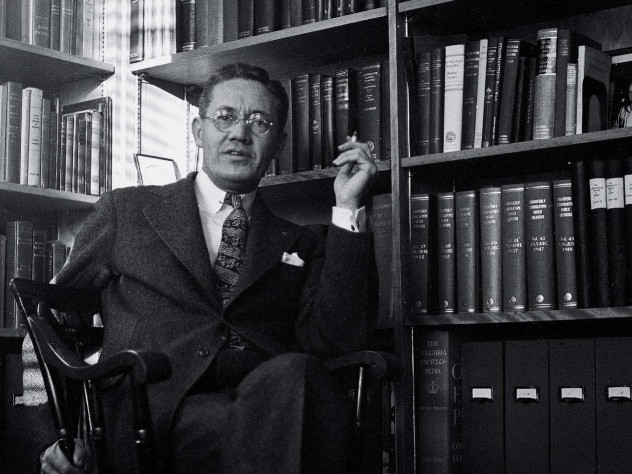
There are some preconceptions about placebos and the placebo effect. You might be surprised to read, for example, that ‘placebo pills’ are not needed to achieve a ‘placebo effect’. This article unpacks six perhaps surprising features of the placebo effect, namely:
- Placebos have a dark cousin: nocebos
- Placebos work even if people know they are placebos
- Honest placebos are ethically acceptable
- Placebo effects are part of most treatment effects
- You don’t need placebos to have placebo effects
- You can generate placebo (and nocebo) effects in yourself


